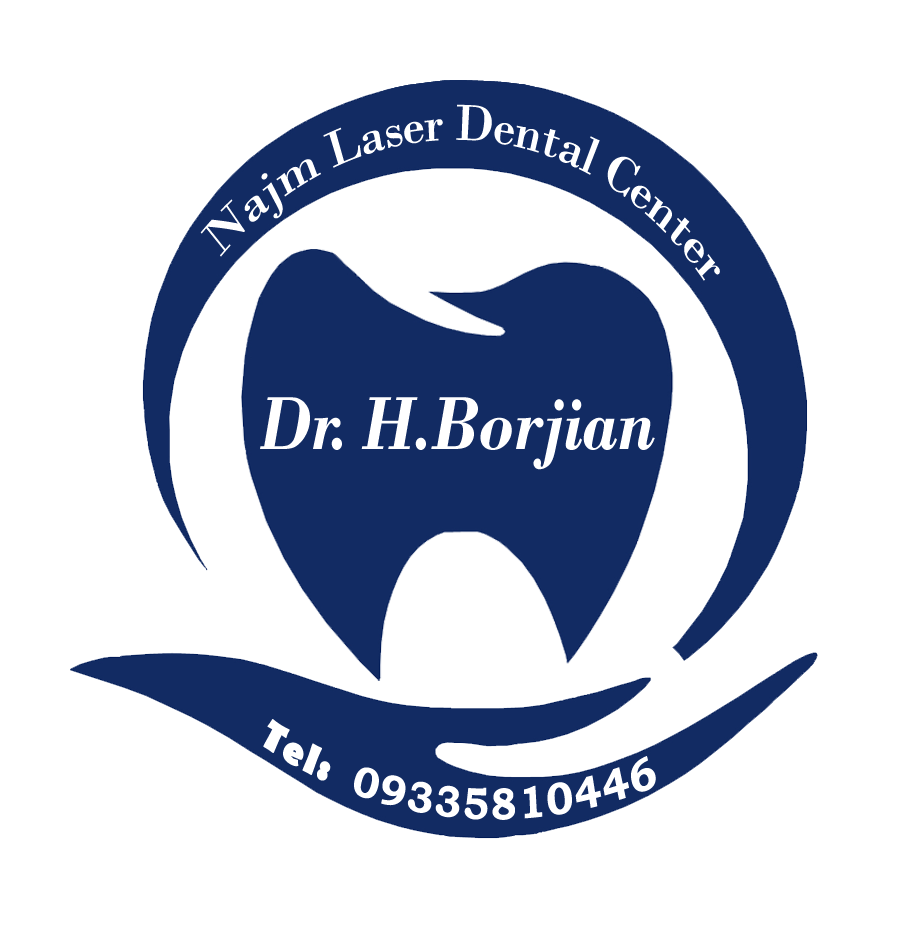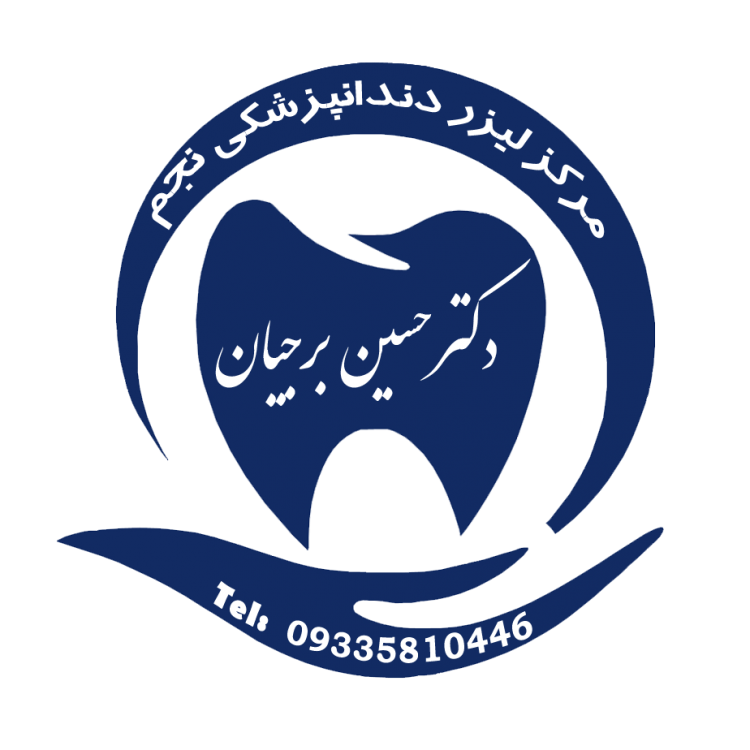Review of appropriate antibiotics for dental infection
Tooth infections don't always require antibiotics. In many cases, they may clear up on their own. Rinsing with warm salt water or taking over-the-counter medications, such as nonsteroidal anti-inflammatory drugs (NSAIDs), may help reduce tooth pain and swelling. In this article from Dr. Hossein Borjian's website The best gum surgeon in Isfahan We examine the appropriate antibiotics for tooth infection.
American Dental Association (ADA) recommends that dentists avoid prescribing antibiotics for most dental infections due to possible side effects. Dental treatments, such as drainage, deep cleaning or root canals (Removing the infected pulp from the tooth) It may be necessary sometimes.
However, if you are immunocompromised (You have a weak immune system) Or, if your tooth infection is spreading, your dentist may prescribe antibiotics. 5 Some signs that your tooth infection is getting worse may include::
- Then
- tiredness
- Boredom (A general "bad feeling".)
- Swelling in the jaw or neck
- Severe pain or swelling that does not go away.
If not treated, Tooth infection It may spread to the surrounding bones and tissues. This can lead to serious health complications, including::
- Tooth loss
- Blood infection
- Pneumonia (Lung infections)
- brain infection
- Endocarditis (Infection in the heart)
If you have a severe tooth infection, your dentist may prescribe a course of antibiotics to prevent it from spreading. Antibiotics may prevent tooth loss and other serious health complications.
When visiting the dentist
If you suspect a tooth infection, it's important to seek dental treatment right away. 1 If you have a toothache that won't go away, if your gums are red and inflamed, or if you notice pimple-like bubbles along your gum line, make an appointment with your dentist. make an appointment.
Your dentist can diagnose your tooth infection with a thorough physical exam. Your healthcare provider may tap on your teeth or ask you to bite down to assess how much pain you feel. They may also order imaging tests. such as dental x-rays. If your tooth infection is severe or persistent, your dentist may prescribe antibiotics. The purpose of taking antibiotics for a tooth infection is to prevent tooth loss and other serious health complications..

According to the ADA, first-line antibiotics for dental infections
- Oral amoxicillin
- Oral penicillin V potassium
Amoxicillin and penicillin V potassium are both in a class of antibiotics known as penicillin-type drugs. They work to fight infections by killing bacteria or stopping their growth. Penicillins are not effective for treating viral infections. If you are allergic to penicillin-type drugs, your dentist may prescribe one of the following antibiotics instead.:
- Oral azithromycin
- Oral clindamycin
- Oral cephalexin
- Azithromycin, clindamycin, and cephalexin are all commonly used to treat bacterial infections..
Complications of antibiotic use for dental infection
Some of the most common side effects include the following:
- nausea
- Headache
- diarrhea
- fungal infection
- Change in taste
Serious side effects while taking antibiotics
- urticaria
- Difficulty breathing
- wheezing
- Skin peeling or blistering
- Swelling of the face, eyes, or mouth
- stomach cramps
- joint's pain
- Worsening symptoms of dental infection
- Then
The Instagram page of Dr. Hossein Borjian, the best gum surgeon in Isfahan
Methods to prevent tooth infection
A tooth abscess can sometimes be caused by a cracked or chipped tooth, injury, or failure of dental work. However, in most cases, a tooth infection is caused by tooth decay.. The best way to prevent tooth infection is compliance Oral Health Here are some ways to protect your teeth from decay and gum disease:
- Brush your teeth at least twice a day with fluoride toothpaste.
- Floss regularly or use interdental brushes to remove hard-to-reach interdental plaque..
- Limit your sugar intake, especially between meals.
- See your dentist regularly for cleanings and checkups.
Attention :
- The scientific accuracy of the above article should be consulted with Dr. Borjian, a specialist, in person Gum and bone grafting be confirmed.
- This article was managed and published by the site admin.
Read more :
Reasons for toothache after nerve extraction



